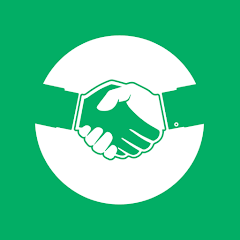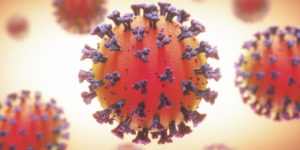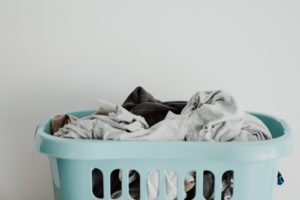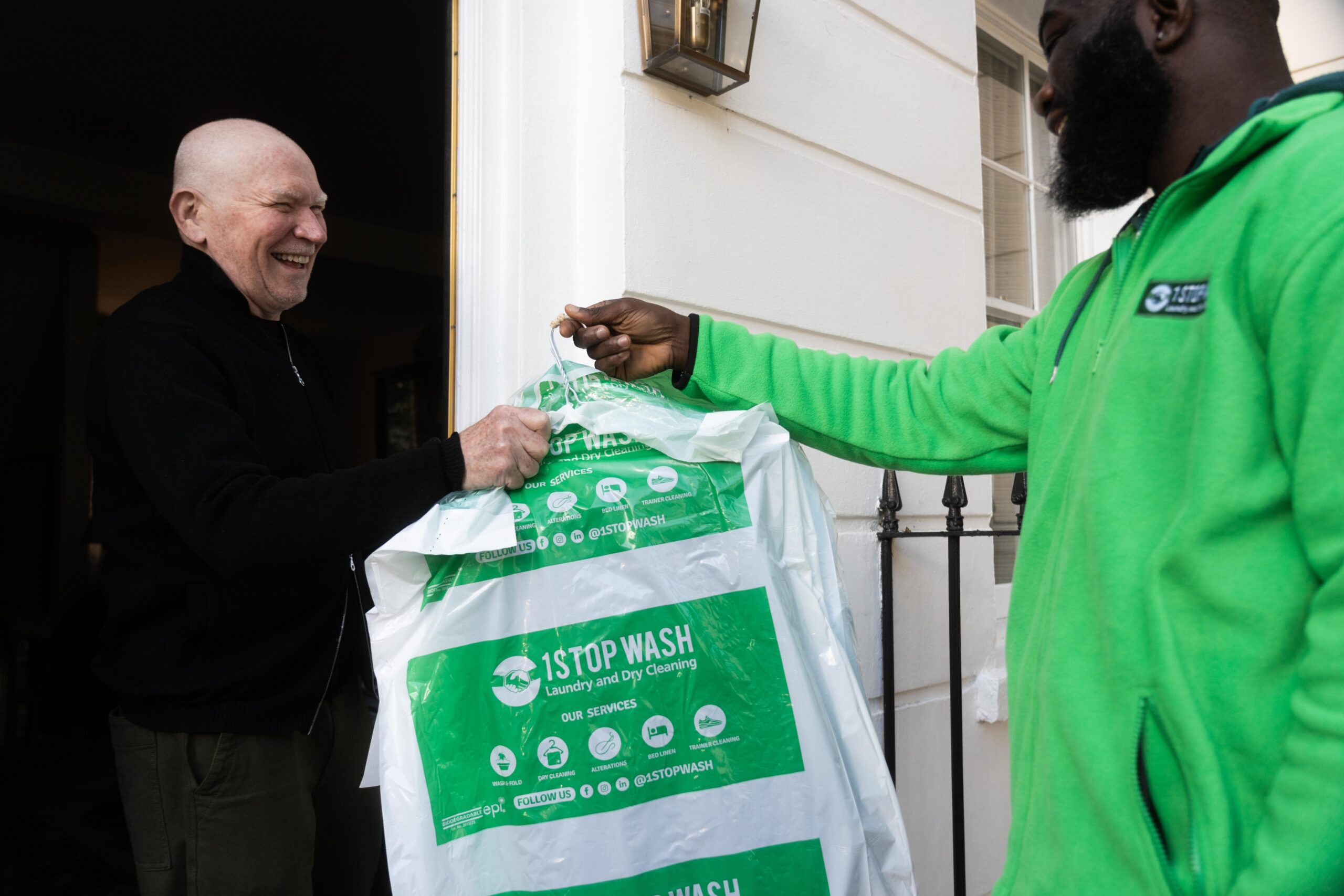Are you wondering how to keep your laundry free from coronavirus? As the COVID-19 pandemic continues to ravage the UK, senior NHS health officials continue to stress the importance of adhering to preventive measures. These measures include social distancing, hand hygiene, and the disinfection of everyday items like clothes.
Many viruses, including the one that brings about COVID-19, can be spread via contaminated clothes. Although it’s still not yet clear for how long it can thrive on clothing, health experts recommend to take the utmost caution when cleaning clothes and other textiles. Extra care should be taken especially by those living with people who have been tested positive for COVID -19. To ensure you stay safe when cleaning your clothes, sheets and towels, keep in mind the following tips.
Keep laundry that is contaminated separately and remove all personal waste
If you are caring for someone who has tested positive for Covid-19 or who has been exposed to the virus and is now in isolation, consider their clothes contaminated. In such a case, always keep these clothes in a separate bin until it’s time to do the laundry.
Ensure that you also remove all personal waste from each and every clothing item. This can be things such as used tissues, incontinence pads and all other items that appear to be soiled by bodily fluids. It’s also advisable to place a disposable or washable liner in that particular bin, the liner can then be laundered or thrown away after you have removed the dirty clothes and the waste that comes with it.
In addition, always wear protective clothing when handling the dirty laundry of a sick or exposed person. You can put on disposable gloves that can be thrown away after every single use.
Alternatively, you can make use of reusable gloves. However, ensure you wear this kind only when disinfecting and cleaning surfaces or items that have come in contact with the virus. After removing the gloves, always remember to sanitize your hands with soap and running water for no less than 20 seconds.
In case you don’t have gloves, just do the washing with your naked hands, but ensure you sanitize after you are done touching the contaminated items. Additionally, avoid shaking the laundry when you are moving items between the bin and the washing machine as doing so could disperse the coronavirus bacteria through the air.
Wash clothes at high temperatures
Health institutions recommend laundering items at high temperatures as it helps to kill germs including the coronavirus.
The World Health Organisation explains that hot water plus the entire laundry process should eliminate coronavirus from fabrics. This includes the combination of detergent and physical agitation during the rinse and spin stages of the washing cycle.
The recommended heat treatment for contaminated clothes is 60°C or hotter. This is especially with clothes that have been contaminated with body fluids such as vomit, sweat, blood and faeces, as they can transmit the virus more readily. However, other things like workout gear, underwear, towels, and reusable nappies should be given similar treatment.
After washing has been done, it is advisable to use a dryer rather than hanging the laundry to dry. This is because the extreme heat from the dryer helps to inactivate any remaining viral microbes that might still be lurking within the clothes after the washing machine cycle.
Use detergent with bleach
Health organizations also state that bleaching clothes may help in killing the coronavirus. Therefore, if you are washing light and white colours, you could add some bleaching agent to the load.
You could also utilise a detergent containing a colour-safe bleach if it is appropriate for the clothes. However, always follow the instructions on the bottle or box concerning the dilution of the bleach in water.
Sanitise all surfaces
After you are done with the laundry, clean and sanitise all surfaces that you have come in contact with. This includes the control panel and the door of the washing machine, the doorknob, and the hamper used in holding the contaminated clothes.
Change clothes often
If you are a frontline medical worker in the NHS and you suspect you may have been exposed to the virus, then change your clothes whenever you are able to. At least, do it as soon as you arrive home, and treat everything you are wearing as contaminated clothing. This will minimise your exposure in case your clothes happen to carry the virus.
If you wear a face mask and gloves, then make sure you change them often. Masks can quickly accumulate a large number of viruses as there is moist and warm air constantly circulating through them. Masks made of fabrics should be cleaned in hot water then dried thoroughly before wearing them again. However, disposable face masks should be used only once, so you should dispose of them immediately after use.
Observe social distance in the launderette
If you do not have access to a washing machine or dryer, which can be fairly common in London, then you might need to use your local launderette, which has been classed as an essential business by the government and therefore have remained open during the national lockdown in England.
If you are using a launderette, then always look to observe appropriate levels of social distancing as you are using a communal laundry facility where there can be heightened chances of catching the virus, wear a mask and sanitize after coming into contact with all surfaces.
How 1 Stop Wash can help keep your laundry coronavirus free
We hope this article has helped answer the question on how to keep your laundry free from Coronavirus. Alternatively, you can use 1 Stop Wash and its covid-safe pick up and delivery laundry service which has been helping 1000s of people during the pandemic with essential laundry and dry cleaning services. Alongside the top quality cleaning, drying and folding of your clothes, 1 Stop Wash is also currently offering:
- Contactless pick up and delivery
- Mandatory wearing of masks for all staff within the cleaning facility
- If requested, we can clean and dry clothes at higher heats then usual for people who have had the virus to ensure all germs and bacteria are removed.
Click here to schedule your first pick up!

 0207 837 4997
0207 837 4997


